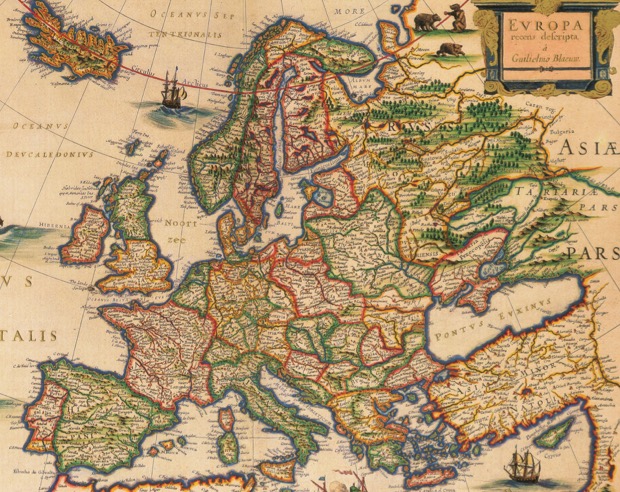Last month, a student of mine here in Budapest had a surreal experience at an international debate he participated in. The western European moderator opened the event by inviting everyone to introduce themselves by sharing their “preferred pronouns.” The invitation was met with blank stares: in the Hungarian language, pronouns are not gendered.
This little episode is emblematic of woke doctrine’s amusing failure to translate into a central and eastern European context. Some conservatives stateside have started to notice that we here in East-Central Eruope are “based”—or at least, we’re remarkably resistant to wokeness. It’s worth reflecting on why that might be.
In his 1983 Templeton Lecture, Aleksandr Solzhenitsyn concluded that after 50 years of concentrated study, he had a straightforward conclusion as to why Russia had made so many murderous missteps over the centuries: “Men have forgotten God; that’s why all this has happened.”
Of course, some of those murderous missteps took place on Central-Eastern European soil, when Russia wrested control of the region following WWII. During their four-decade reign of terror, the people suffered through work camp deprivations, police station beatings, and similar indignities. Virtually no tactic was off-limits in the Soviet bid to create a Marxist utopia at the borders of Western Europe.
Today, things in the region look quite different than they might have, had the USSR prevailed. “Central European conservatism after the fall of communism,” wrote Gergely Szilvay recently, “has been—and still is today—anti-communist and patriotic, focusing on national traditions and Christianity. It stands for national independence. For us, freedom means national freedom.”
Polling data from throughout the region supports that thesis. When it comes to open borders, same-sex marriage, and legal abortion, a vast “values gap” exists between East-Central Europeans and their western neighbors. Most take the conservative position on these issues.
To me, this suggests that wokeness is a luxury item: it flourishes in places like America that have not seen the ravages of totalitarian suffering. Cultures like ours, which have more recent experience with utopianism and its attendant disasters, cannot afford to indulge in arcane fantasies and identitarian ritual.
Over the last few months, I have informally surveyed dozens of university and graduate students, mostly here in Budapest. To a person, no one understands the logic, let alone the appeal, of the woke movement in America and Great Britain.
Poignantly, one student asked: “Why do so many Americans seem to hate their country? We love America. America has always been our example of freedom.”
A political science student I talked to at a regional campus said, “Even if wokeness made sense to us–which it doesn’t– Hungarians do not have the luxury of being woke. If we stop working together to make Hungary better, we will cease to exist. The Eurocrats will see to that.”
A Hungarian graduate student who now works in Brussels told me, “People I meet here misunderstand why Hungarian identity and sovereignty are so important to us. They also don’t understand how important the family was during the Communist years.”
Recently, an undergraduate student in social science who closely follows American news and social media confessed that he worries America will destroy itself, because “partisan politics is one thing. We have that here too. But an all-out civil war is something different.”
Finally, upon learning of the Elon Musk Twitter takeover controversy, a journalism student commented, “If Hungarians are told that the government wants us to be quiet, censor ourselves, our guard goes up.”
These quotes represent the views of virtually all Hungarians I have ever met. People out here have already suffered from what was effectively the wokeness of its day—the utopian fantasy and totalitarianism of the soviets. Struggle sessions, interrogations, and Communism all inspire dread in them, not delight.
As I travel, research, and teach throughout the region, I see people working hard to build a future for themselves, their families, and their nations. Even if they found wokeness attractive, it would remain a luxury they simply cannot afford. Americans would do well to learn from the past suffering of East-Central Europe, lest they repeat it.





